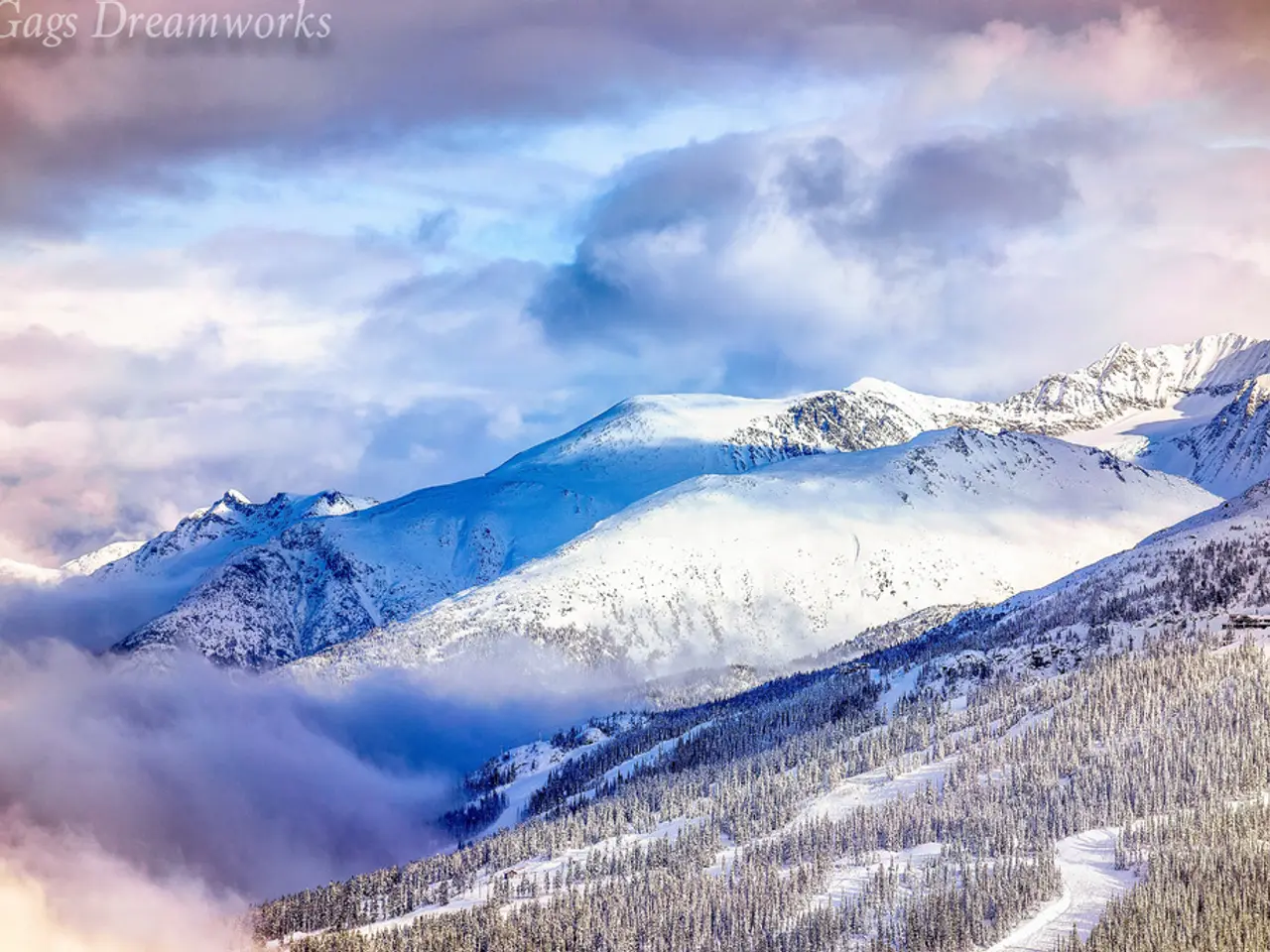Homes in Alaska's capital face a threat as glacial flooding reaches historic levels, prompting evacuation orders.
Residents of Juneau's Mendenhall Valley are bracing for a flood that threatens hundreds of homes, as the Mendenhall River continues to rise. The flood is being fueled by climate change and is expected to surpass last year's record, with the river's flow reaching nearly half that of Niagara Falls.
The source of the flood is the Suicide Basin, a reservoir formed by the retreat of a smaller glacier. The Mendenhall Glacier, located in Alaska, has been experiencing annual glacial flooding events since 2011, with the floods becoming increasingly severe due to accelerated glacial retreat caused by climate change.
In response to the repeated flooding, city officials, along with state, federal, and tribal partners, have installed 10,000 "Hesco" barriers, large sand-filled containers, along 2.5 miles of riverbank this year. These barriers aim to prevent "widespread damage" in the inundation area, according to emergency manager Ryan O'Shaughnessy.
City officials are urging residents in flood zones to evacuate immediately, and some residents had already left as the river rose by up to four feet a day before the breach. The temporary levee is designed to protect more than 460 properties during an 18-foot flood.
The U.S. Army Corps of Engineers is involved in addressing the Mendenhall flood risk in Alaska. They are currently conducting a multi-year study into options such as a permanent levee, but some consider the timeline unacceptable given the imminent threat.
The glacial lake outburst flood (GLOF) on the Mendenhall Glacier can release up to 15 billion gallons of water in a single event, equivalent to nearly 23,000 Olympic-size swimming pools. Outburst floods are expected to continue for another 25 to 60 years, as long as the glacier acts as an ice dam.
The National Weather Service forecasts the Mendenhall River to crest near 16.75 feet early Wednesday. Alaska has warmed twice as fast as the rest of the United States over recent decades, with average annual temperatures rising 3.1°F in the last century.
Last year's flood caused damage to nearly 300 homes, and this year's flood is expected to be even more devastating. The U.S. Army Corps of Engineers is working diligently to address the situation and provide permanent protection for over 460 buildings in the Mendenhall Valley.
Read also:
- Peptide YY (PYY): Exploring its Role in Appetite Suppression, Intestinal Health, and Cognitive Links
- Toddler Health: Rotavirus Signs, Origins, and Potential Complications
- Digestive issues and heart discomfort: Root causes and associated health conditions
- House Infernos: Deadly Hazards Surpassing the Flames








